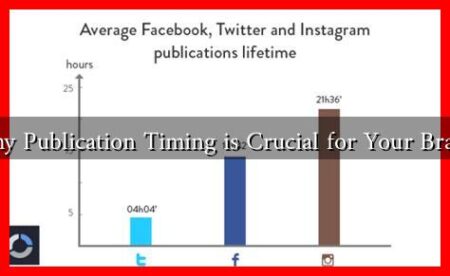-
Table of Contents
Is Trust Dependent on Transparency in Communication?
In an increasingly interconnected world, the importance of trust in communication cannot be overstated. Whether in personal relationships, business dealings, or public discourse, trust serves as the foundation for effective interactions. But is trust inherently dependent on transparency in communication? This article explores the intricate relationship between trust and transparency, supported by research, examples, and case studies.
The Nature of Trust
Trust can be defined as the firm belief in the reliability, truth, or ability of someone or something. It is a crucial element in various domains, including:
- Personal Relationships: Trust fosters intimacy and connection.
- Business: Trust enhances collaboration and reduces transaction costs.
- Public Institutions: Trust in government and media is essential for societal stability.
However, trust is not a static entity; it can be built, eroded, or restored over time. One of the most significant factors influencing trust is the level of transparency in communication.
Understanding Transparency in Communication
Transparency in communication refers to the openness and clarity with which information is shared. It involves providing relevant details, being honest about intentions, and acknowledging uncertainties. Key aspects of transparent communication include:
- Clarity: Clear and straightforward language that avoids ambiguity.
- Honesty: Sharing both positive and negative information without withholding.
- Accessibility: Ensuring that information is easily available to all stakeholders.
Research indicates that transparent communication can significantly enhance trust. A study published in the Journal of Business Research found that organizations that practice transparency are more likely to be trusted by their employees and customers.
The Link Between Trust and Transparency
Transparency fosters trust in several ways:
- Reduces Uncertainty: When information is openly shared, it minimizes ambiguity and helps individuals make informed decisions.
- Builds Credibility: Transparent communication demonstrates integrity and reliability, which are essential for establishing credibility.
- Encourages Accountability: Openness in communication holds individuals and organizations accountable for their actions, further enhancing trust.
For instance, consider the case of Johnson & Johnson during the Tylenol crisis in the 1980s. The company faced a major public relations challenge when cyanide-laced Tylenol capsules led to several deaths. Johnson & Johnson’s transparent communication strategy, which included timely updates and a commitment to consumer safety, helped restore public trust in the brand.
Statistics Supporting the Trust-Transparency Link
Several studies highlight the correlation between transparency and trust:
- A survey by the Edelman Trust Barometer found that 81% of respondents said they need to be able to trust the brand to do what is right.
- According to a study by the PwC Global CEO Survey, 55% of CEOs believe that transparency is essential for building trust with stakeholders.
Challenges to Transparency
While transparency is vital for building trust, it is not without challenges. Some barriers include:
- Fear of Repercussions: Individuals may hesitate to share information due to fear of negative consequences.
- Complexity of Information: In some cases, the information may be too complex for stakeholders to understand, leading to misinterpretation.
- Cultural Differences: Different cultures have varying norms regarding openness and communication styles.
Conclusion
In conclusion, trust is significantly dependent on transparency in communication. Open, honest, and clear communication fosters an environment where trust can thrive. As demonstrated through various examples and supported by research, organizations and individuals that prioritize transparency are more likely to build and maintain trust with their stakeholders. While challenges exist, the benefits of transparent communication far outweigh the risks, making it an essential practice in today’s world.
Ultimately, fostering trust through transparency not only enhances relationships but also contributes to a more ethical and accountable society.

